Claretian Missionaries
Claretian Missionaries
St. Anthony M. Claret
To really understand the relevance of the Claretian Missionaries for the 21st Century, one paradoxically has to look back to the 19th Century and the life of their Founder St. Anthony Mary Claret. Born in Spain in 1807 he grew up in a period marked by revolution and social turmoil. Claret as a child was taken by an image of souls suffering in Hell, which caught his imagination as a child. Yet it is interesting to note that this did not provoke in him any sense of judgement or dismissal of those who were in Hell. Rather he read this reality as a consequence of there not being enough people accepting the responsibility of making people aware of the Love of God.

It was the urgency of this mission that all should know of God’s love that lay at the heart of his search for opportunities to spread the word of God through his itinerant preaching, writing and encouragement of use of the press through publications.
His vision was one in which all the baptised were called to collaborate together to work towards building the kingdom of God, not just as some after death reality but something present on the earth. This encouragement and support of the poor to take part in improving their lot, was not a message that was particularly acceptable to the wealthy and powerful in Cuba where he had been made Bishop. The priority that gave his life direction was a desire to discern what would be most effective and opportune in making God known and loved.
Whether it is a presence with the poor, or fulfilling his role as chaplain to the Queen of Spain, he maintained a personal detachment from wealth while still making use of resources for the fulfilment of the mission of evangelisation, living a personal simplicity of life. His was not an experience of a loving God that protects one from suffering, but rather that of a God who was with him throughout the difficulties that came his way. Fidelity to God for Claret meant accepting the suffering, assassination attempts and the public humiliation of being the victim of false accusations; a life which ended with his death in exile from Spain in 1870.
Claretians in the world
Today less than 150 years after his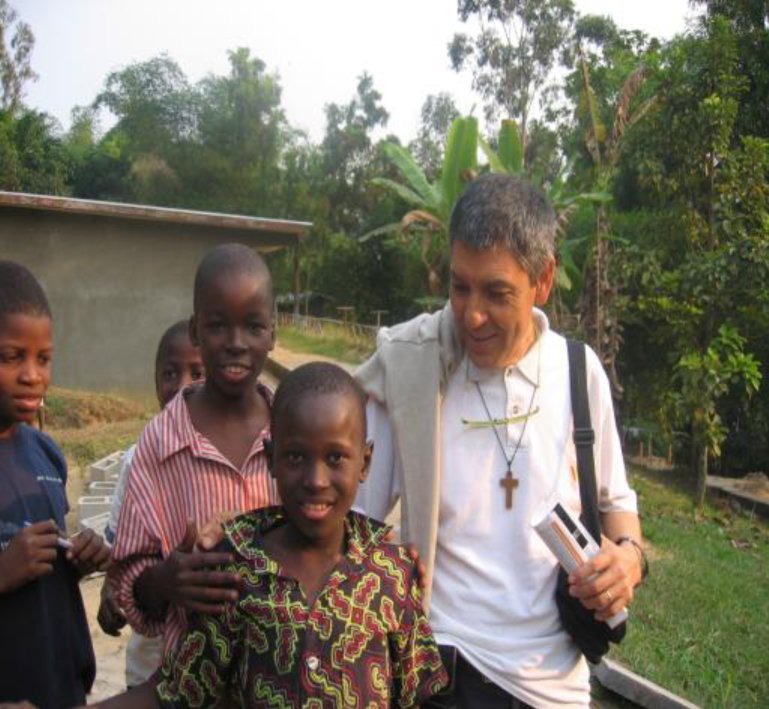 death there are some 3,050 Claretian Missionary priests and brothers working in 64 countries, continuing his mission of making the love of God known throughout the world. In addition to the priests and brothers there are congregations of religious sisters, consecrated women and a lay movement that form part of the extended family that looks to Claret as their founder and inspiration. Publications, spiritual direction and retreat centres, foreign missions, schools, universities, promotion of religious life and parishes are just some of the ministries Claretians can be found to be involved in today.
death there are some 3,050 Claretian Missionary priests and brothers working in 64 countries, continuing his mission of making the love of God known throughout the world. In addition to the priests and brothers there are congregations of religious sisters, consecrated women and a lay movement that form part of the extended family that looks to Claret as their founder and inspiration. Publications, spiritual direction and retreat centres, foreign missions, schools, universities, promotion of religious life and parishes are just some of the ministries Claretians can be found to be involved in today.
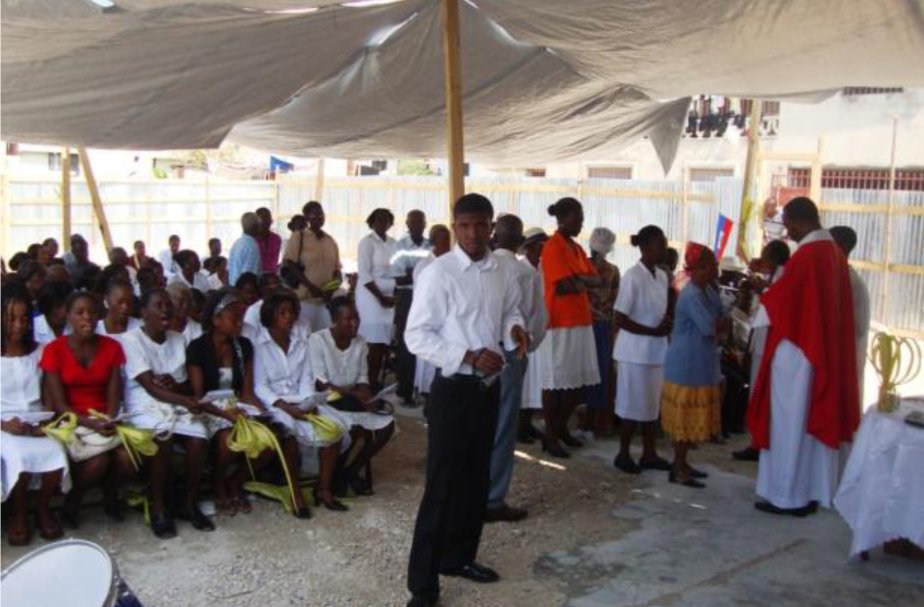 Wherever they are found in the world Claretians, sharing in Claret’s identity as a Servant of the Word, use the resources at their disposal to spread the news of God’s love in both word and deed. The desire for social justice is a significant source of motivation for us and recently we have received associate status at the United Nations to increase our ability to do all that we can to respond to the needs we experience among the poor. Ideally, each Claretian commits himself to live a life of simplicity and detachment that gives expression in an availability to go wherever one is most urgently needed or to do what is needed for the building up of the kingdom of God.
Wherever they are found in the world Claretians, sharing in Claret’s identity as a Servant of the Word, use the resources at their disposal to spread the news of God’s love in both word and deed. The desire for social justice is a significant source of motivation for us and recently we have received associate status at the United Nations to increase our ability to do all that we can to respond to the needs we experience among the poor. Ideally, each Claretian commits himself to live a life of simplicity and detachment that gives expression in an availability to go wherever one is most urgently needed or to do what is needed for the building up of the kingdom of God.
100 Years in United Kingdom
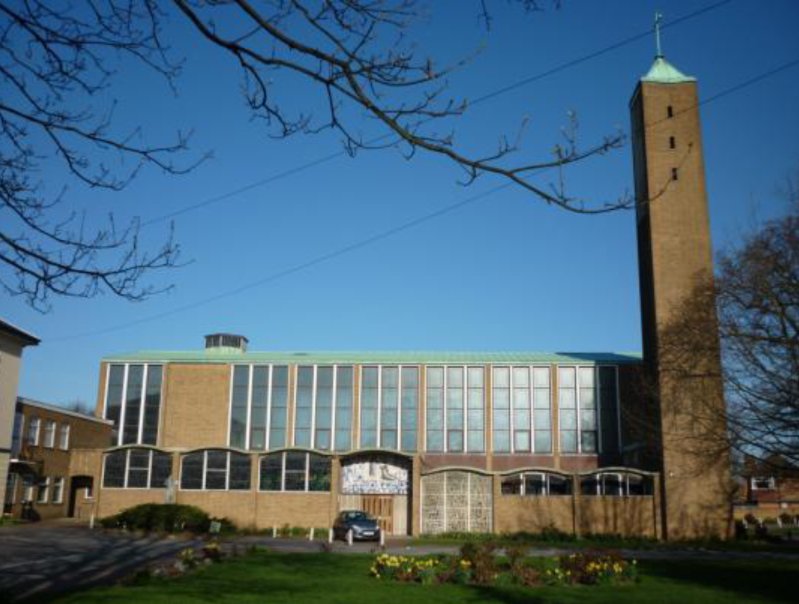 Here in the United Kingdom the Claretian Missionaries have been present for almost 100 years. Invited in 1912 to open a community in Hayes, Middlesex, the Claretians were approached to come to work with Spanish speaking immigrants, spread throughout London. In those early years in addition to founding the parish in Hayes, members of that early community could be found travelling by bicycle or early morning train into London to visit convents and communities in need of their services. Working with the different immigrant communities that have used Hayes and the surrounding area as an entry point into the UK has remained part of our mission throughout the time updating and renewing the community as new groups have been welcomed into the life of the community.
Here in the United Kingdom the Claretian Missionaries have been present for almost 100 years. Invited in 1912 to open a community in Hayes, Middlesex, the Claretians were approached to come to work with Spanish speaking immigrants, spread throughout London. In those early years in addition to founding the parish in Hayes, members of that early community could be found travelling by bicycle or early morning train into London to visit convents and communities in need of their services. Working with the different immigrant communities that have used Hayes and the surrounding area as an entry point into the UK has remained part of our mission throughout the time updating and renewing the community as new groups have been welcomed into the life of the community.
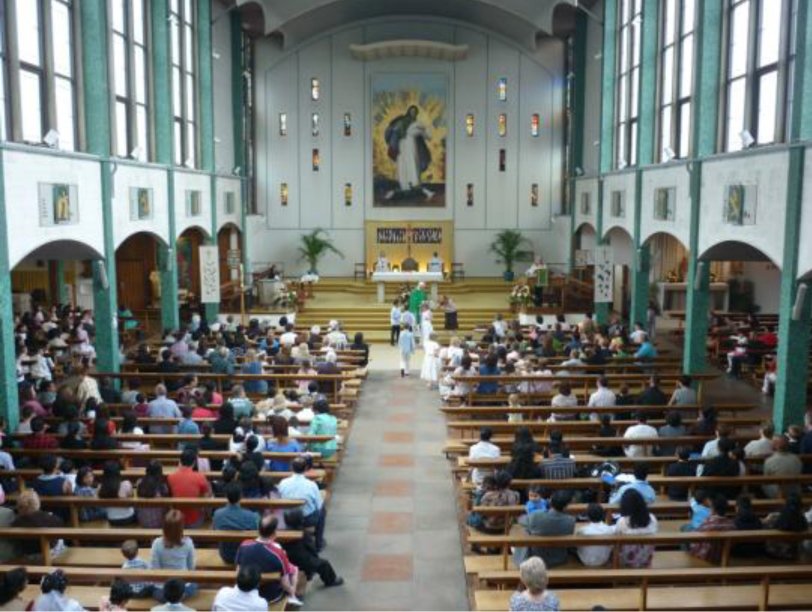 In recent years the Claretians in the United Kingdom have attempted to give renewed attention to the quality of their community life and identify looking for ways that they might be more creative in giving expression to their missionary identity.
In recent years the Claretians in the United Kingdom have attempted to give renewed attention to the quality of their community life and identify looking for ways that they might be more creative in giving expression to their missionary identity.
The facilities that the Congregation has at Buckden Towers in Cambridgeshire have been gradually transformed from the Tudor ruin that had once offered accommodation to kings and queens into a thriving retreat and conference centre that welcomes groups and individuals to take time to reflect on their lives and experience of God. In keeping with the worldwide commitment of the Claretian Missionaries to support religious life the Claret Centre offers weekends for those considering a religious vocation, courses for novices from different congregations. Schools and youth groups continue to make use of the Tower and its chapel. Since the late sixties the site has also been the home of the Parish of St Hugh of Lincoln, the 12th Century Saint whose life was involved with the property. The parishes of Hayes and Leyton continue to serve their varied communities.
Belize Mission, one of the many Claretian Missions
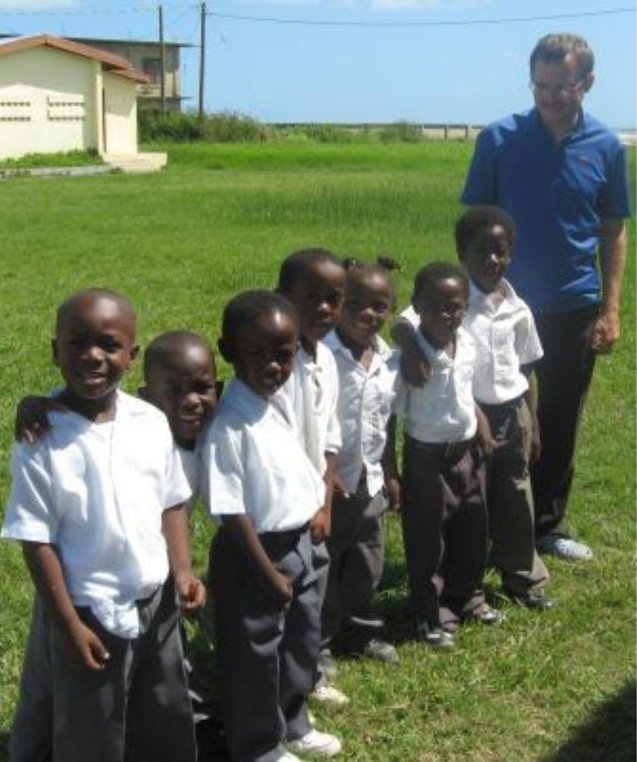 Since 2002 Claretians from the UK have maintained a Mission in Belize, Central America. The Mission has area of 75,000 km2 and a population of almost 40,000 people living in over 40 villages.
Since 2002 Claretians from the UK have maintained a Mission in Belize, Central America. The Mission has area of 75,000 km2 and a population of almost 40,000 people living in over 40 villages.
Whilst English is the official language of Belize very few people have it as their mother tongue. People the Claretians work with speak the following languages: Creole, Maya Mopan, Maya Q’eqchi’. Spanish, Garifuna. In Belize the Claretians at present
• work with 16 church communities
• manage 15 schools with 5,000 pupils
• train catechists and community leaders in 5 languages
• co-ordinate responses to social injustice
• organise and celebrate sacraments for a district where the Catholic population is estimated at about 25,000 people
In addition to what they are already doing they are aware of wanting to expand the work being undertaken in the following areas: youth work, adult literacy programmes, and HIV/Aids ministry.
Success of this mission has been heavily dependent on the support of the volunteers that have spent time in serving in the mission and the dedication of those who have worked so generously in raising money.
You can be a part
If life today, in the United Kingdom, seems to be all about change and new fads; at the same time however many things remain the same. Attitudes to religion are not so different than in the time of Claret. There is still a thirst in people hearts, a hole that needs to be filled. Society today tells us that it is fame and popularity, wealth and power that will fill the hole. For the Christian it is a god-shaped hole that lies at the centre of our lives. A hole, that nothing but an experience of being known and loved by God, will ever really fill.
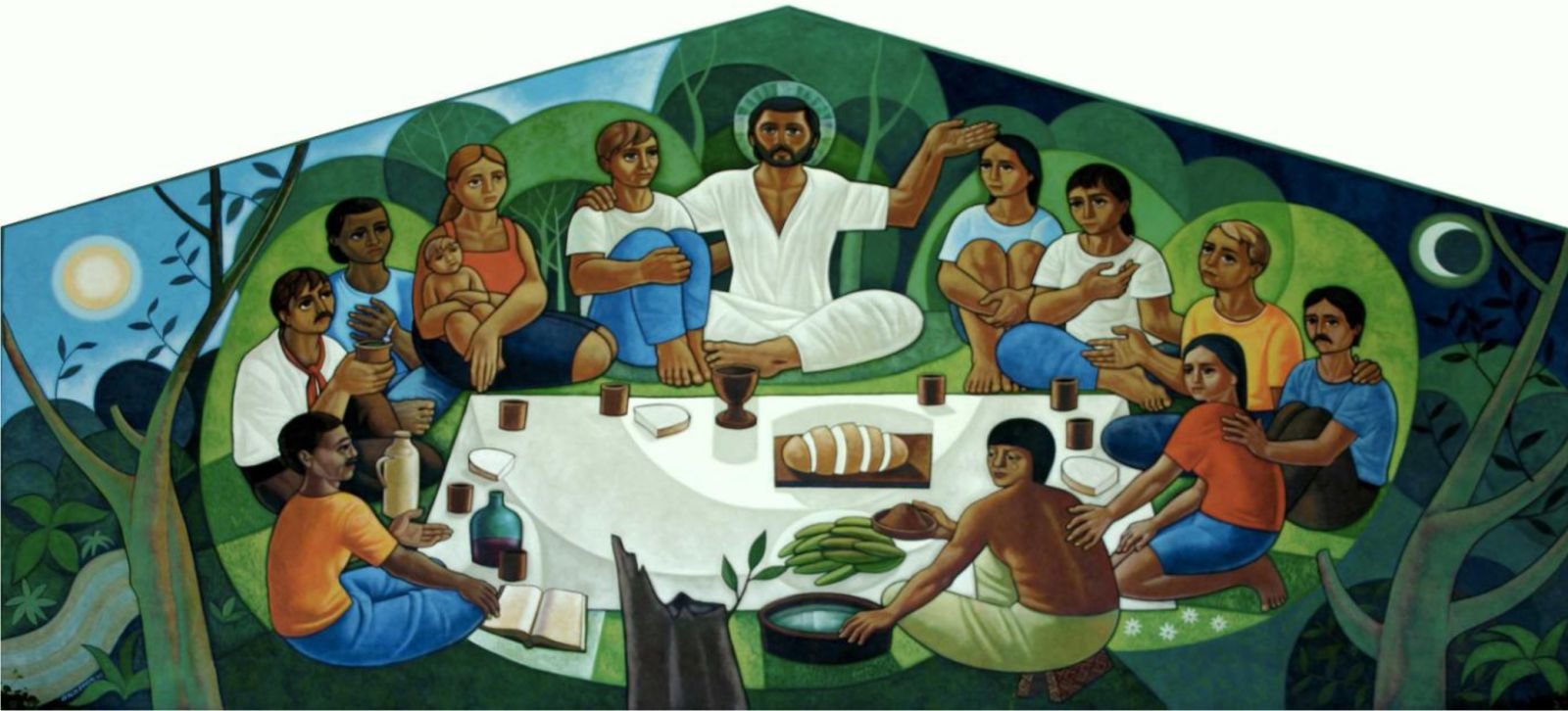
And so the mission of St Anthony Mary Claret, who felt compelled to help people know of God’s love, continues today and into the future, and with it the need for men and women to make themselves available to let today’s generations know what will really give lasting meaning to their lives.


 Votes : 0
Votes : 0









